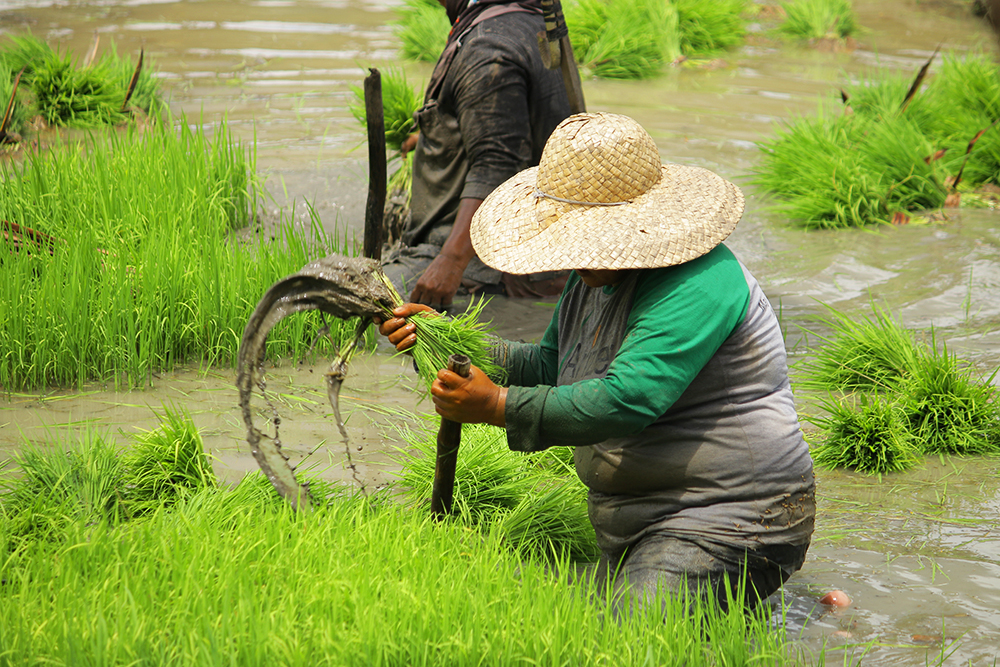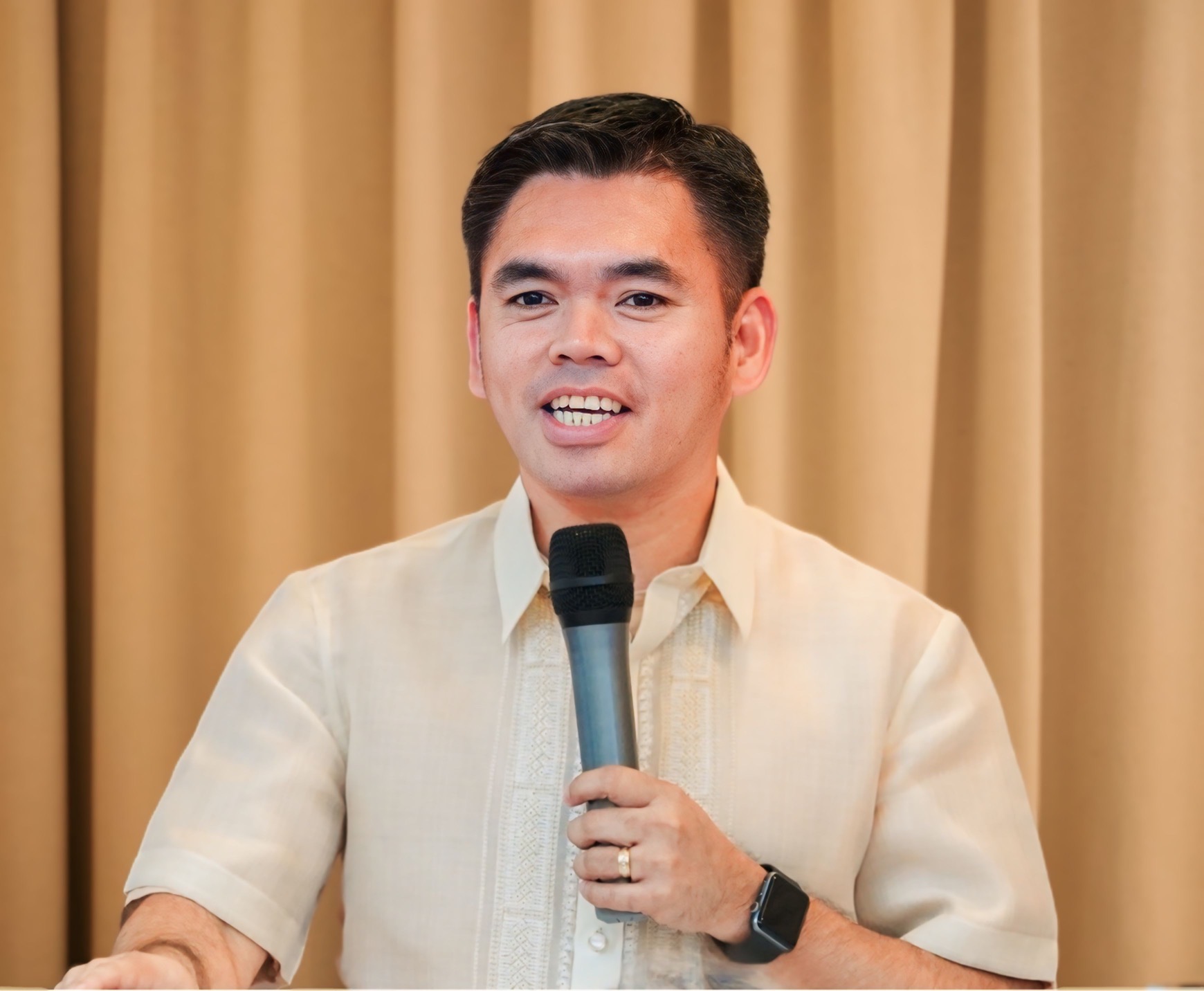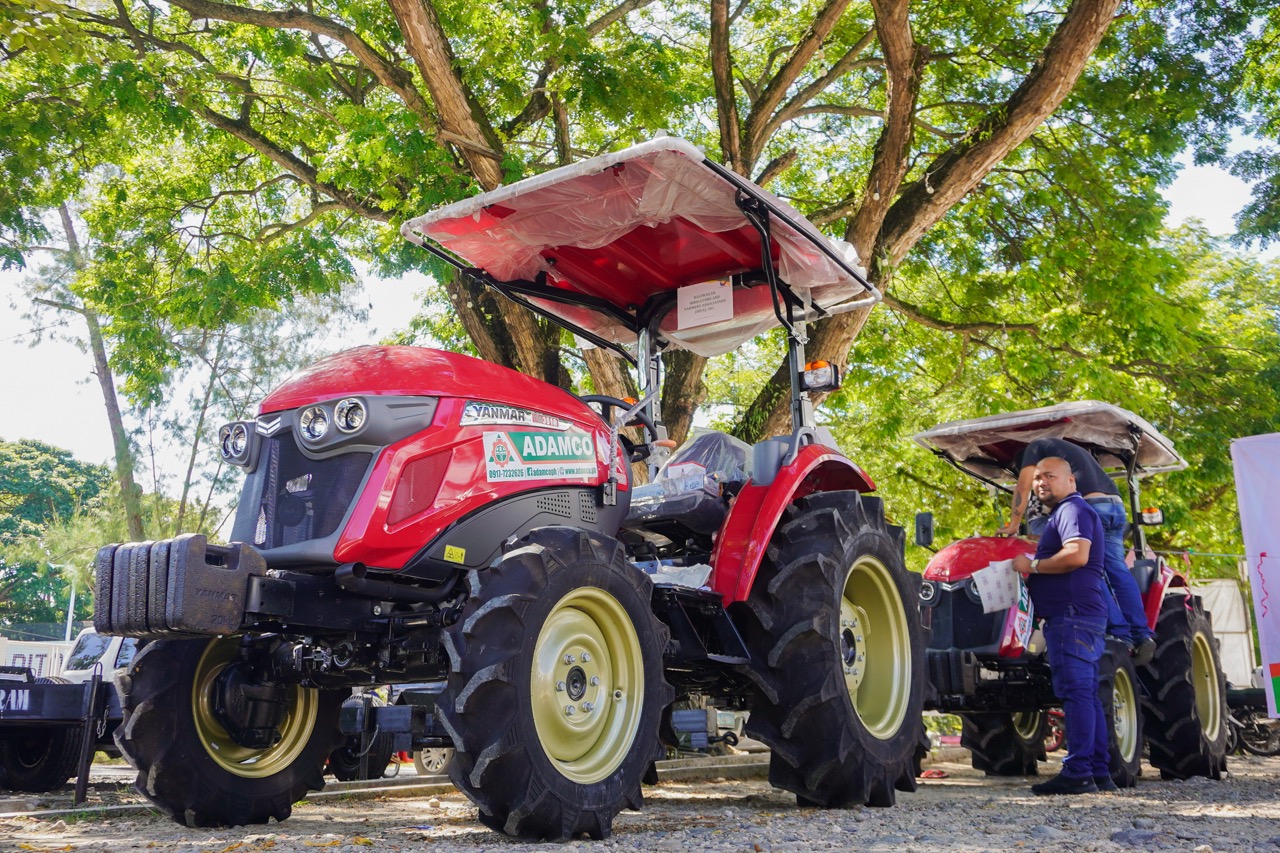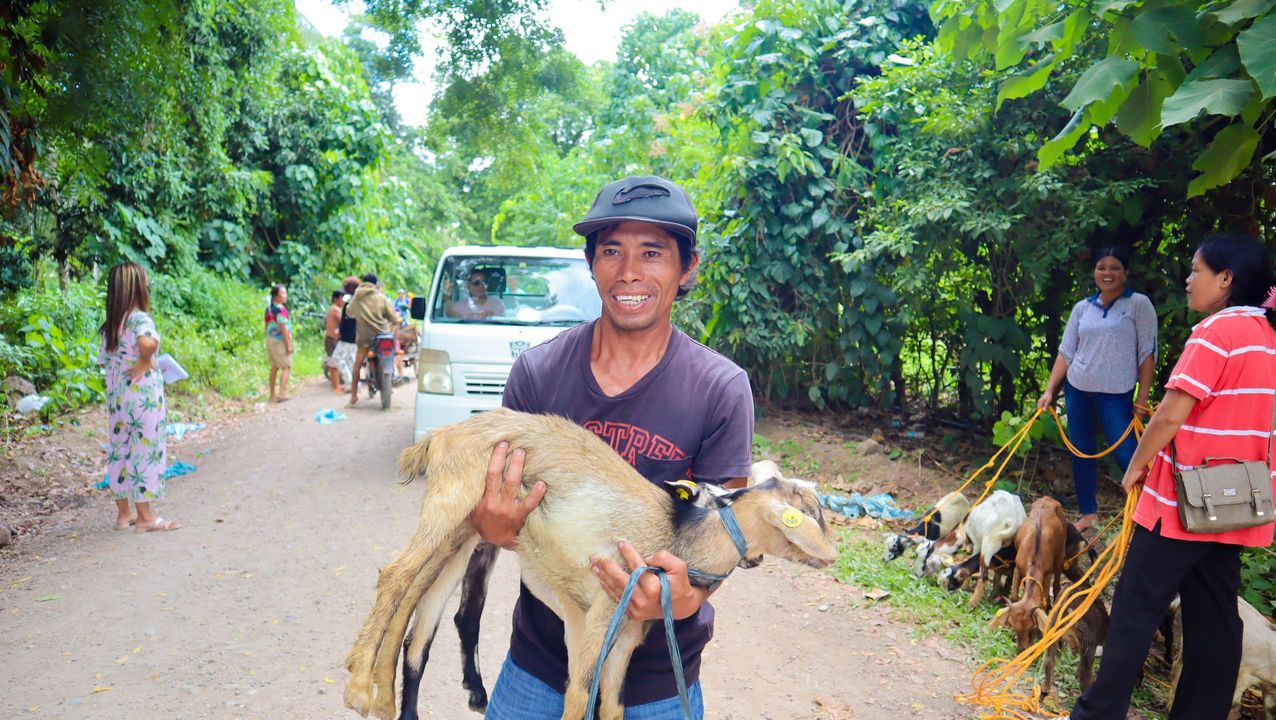In her administration’s bid to sustainably address the province’s food security and economic recovery, Governor Corazon N. Malanyaon is set to revive her flagship program on agriculture, the Pagkain at Kita.
The first program she launched during her incumbency as local chief executive way back in 2007, the Pagkain at Kita program, which was institutionalized through Executive Order 01, is poised to play a crucial part in her administration, aiming to improve the income of marginalized farmers and help address the province’s poverty incidence.
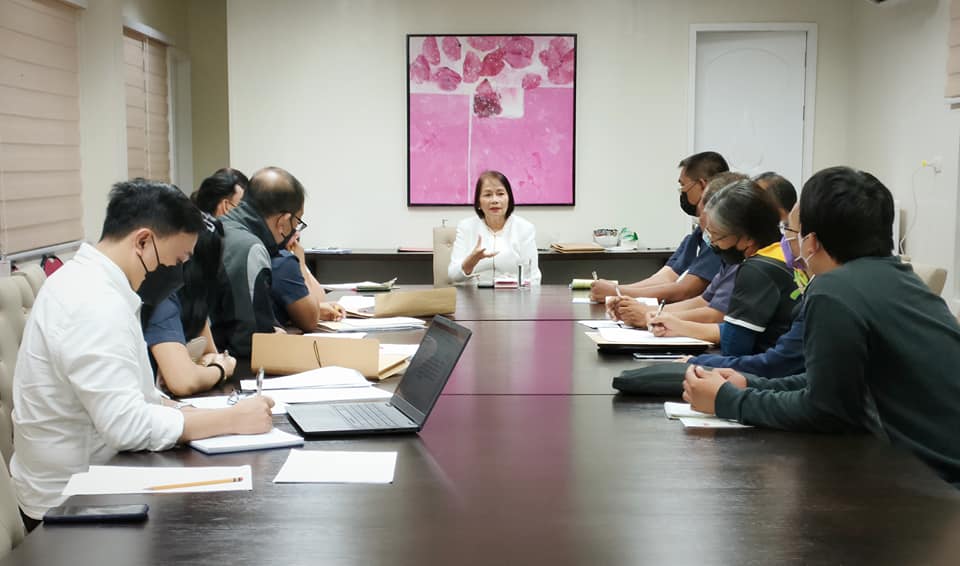
The Governor said she puts agriculture and food security as a major economic and social agenda because food is a basic need and agriculture is a main instrument for economic recovery. “We need to rationalize our agriculture sector, which is the major economic contributor to the province’s economy,” she said, noting the urgency to revive and strengthen the Pagkain at Kita program.
New Leadership
To materialize her plans to combat poverty through agriculture, she appointed Dr. Edito B. Sumile, President Emeritus and the Vice President on Administrative Affairs of the Davao Oriental State University (DORSU), to head the Provincial Agriculture Office. “I am fortunate to have won the heart of Dr. Sumile for him to work with us. I will always credit him for the remarkable growth of DORSU,” said Governor Malanyaon, adding that she believes he can do the same at the provincial level.
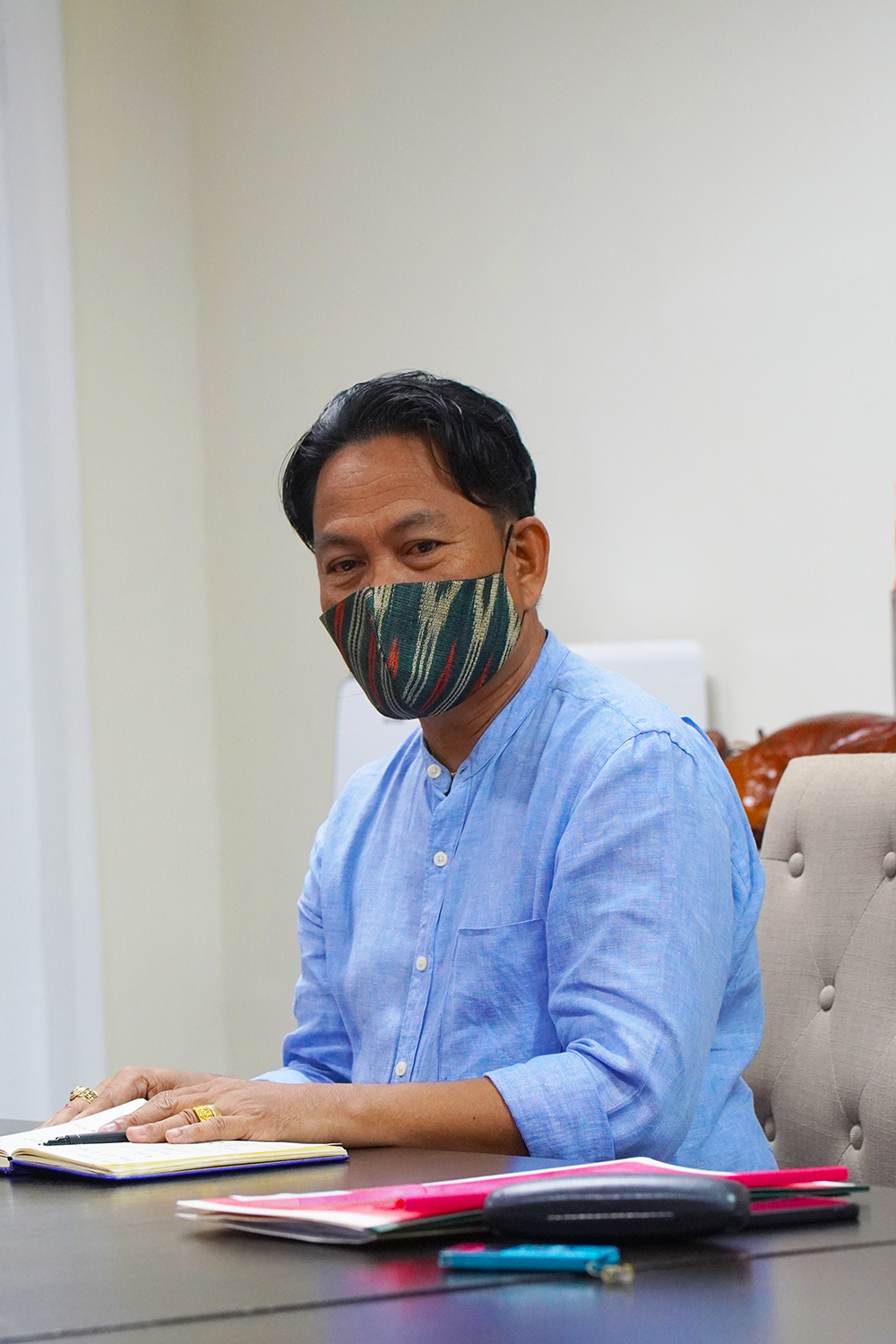
Dr. Sumile, who will work for the province on secondment, has already outlined his plans which he says will “add flavor” to the Pagkain at Kita program.
Aside from intensifying agriculture productivity, among the strategies he is looking into is the provision of scholarships for students taking agriculture or agribusiness courses, noting that the population of farmers is already dwindling. “Only a few of them goes back to the farm leaving many farms idle,” he said. Dr. Sumile added that scholarships for the poor but deserving students and providing seed capital for the graduates who will return to the farm are a few ways he sees will help the province recover its agriculture and economic sector.
Dr. Sumile underscored that all initiatives on agriculture will bank on convergence and complementation of efforts of all agencies.
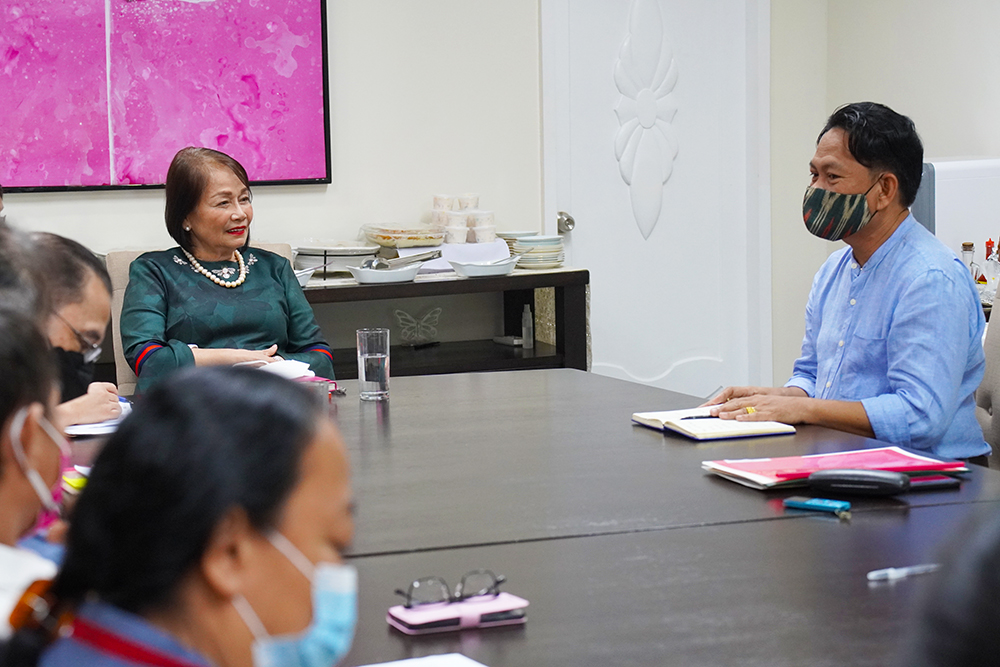
More Programs
Meanwhile, Governor Malanyaon said it is imperative to address food security with the looming food crisis for lack of food supply, especially rice. This is in the light of Vietnam and Thailand’s “plan to regulate if not totally prohibit rice exports and the prolonged Russia-Ukraine war which caused an unprecedented increase in oil prices by over 100% which may eventually push food prices up.”
She said implementing sound programs on agriculture and fisheries, particularly the Pagkain at Kita program, is one way to respond to the food security challenges.
With Dr. Sumile, Governor Malanyaon will undertake other strategies in agriculture: intercropping and integrated farming to maximize productive and idle lands, adopting a market-driven approach in selecting and producing major crops and livestock. “We shall only produce what the market can absorb,” she said, noting that she will look into other high–value crops with existing and growing market potentials such as cacao, abaca, coffee, corn, avocado, and dragon fruit.
“On top of these, we have to educate and capacitate our farmers to be entrepreneurs, hence, the need to revive the Rural Entrepreneurship Advocacy for Change (REACh) Program, which was institutionalized in my previous administration,” she said.
Moreover, in the fishery sector, the Governor will encourage investments in deep sea fishing, tuna processing, canning and ice plant, in feasible areas, as the province is blessed in terms of having the longest coastline in the entire country and being strategically located along the TUNA highway.
The Governor, who aligns her agriculture programs to the thrust of President Ferdinand “Bongbong” Marcos, Jr., hopes to advance agriculture in the province as it is considered the engine for growth that will complement the development of all other sectors. By Karen Lou Deloso

